Hurricane Preparedness for Louisiana Families: Your Health and Safety Guide
Living in Louisiana means preparing for hurricane season is part of taking care of your family. Every year, storms threaten our communities, but with the right preparation, you can keep your loved ones safe and healthy before, during, and after a hurricane. Here's your step-by-step guide to getting ready:
1. Stay Connected and Informed
Sign up for local emergency alerts on your phone (they're free!)
Follow your parish's emergency management social media pages
Download the FEMA app for real-time updates
Keep important healthcare contact information easily accessible
2. Create Your Family Emergency Plan
Choose a meeting place if your family gets separated
Make sure everyone knows important phone numbers by heart
Plan for family members with special medical needs
Identify friends or family outside Louisiana who can be your emergency contact
Talk to your healthcare provider ahead of hurricane season to discuss your family's medical emergency plan
3. Build Your Emergency Kit on Any Budget Essential Supplies:
Water: 1 gallon per person per day for at least 3 days
Non-perishable food for 3+ days (canned goods, peanut butter, crackers)
Battery-powered or hand-crank radio
Flashlight and extra batteries
First aid kit
7-day supply of all prescription medications (contact your doctor or pharmacy early to get refills)
Copies of important documents in waterproof container
For more information read our Essential Items for Your Hurricane Supply Kit & Generator Safety article
Money-saving tips:
Buy a few extra canned goods each grocery trip
Check dollar stores for batteries and basic supplies
Ask family and friends to contribute specific items
Use community resources - many churches and community centers distribute emergency supplies
4. Prepare Your Health Information
Keep a current list of all medications, dosages, and prescribing doctors
Store medical information and insurance cards in waterproof bags
Make sure your healthcare providers have your current contact information and know about any changes in your health status
Take photos of important medical documents with your phone
If you use medical equipment, know your backup power options
5. Get Your Home Hurricane-Ready
Clear your yard of anything that could become flying debris
Know how to turn off utilities if needed
Fill bathtubs with water for emergency use
Charge all electronic devices
If you can afford it, consider plywood for windows or check if neighbors can share materials
6. Plan Your Evacuation Route
Know your evacuation zone (check your parish's website)
Plan multiple routes out of your area
Keep your car's gas tank at least half full during hurricane season
If you don't have reliable transportation, register with your parish for evacuation assistance
Find out where pet-friendly shelters are located
7. During the Storm: Stay Safe and Connected
Stay indoors and away from windows
Listen to battery-powered radio for updates
Telehealth services may still be available - call your healthcare provider if you have urgent medical questions
Conserve phone battery for emergencies
Stay off the roads unless evacuating
8. After the Hurricane: Recovery and Health
Wait for official "all clear" before going outside
Watch for hazards like downed power lines, contaminated floodwater, and unstable structures
Contact your healthcare providers as soon as possible to resume regular care and address any health concerns
Be aware that stress, changes in routine, and limited access to medications can affect chronic conditions
Consider telehealth options if you can't get to in-person medical care
Special Considerations for Medicaid Families:
Emergency Medicaid coverage may be available for storm-related injuries
SNAP benefits may be replaced if food is lost due to power outages
Temporary housing assistance may be available through FEMA
Many pharmacies participate in emergency prescription programs during disasters
Your Healthcare During Emergencies:
Telehealth platforms can help you access care when transportation is difficult
Many providers can coordinate with local pharmacies for emergency medication refills
Don't hesitate to reach out to your care team - they understand the unique challenges Louisiana families face during hurricane season
Work with your healthcare provider to create a personalized medical emergency plan
Remember: Preparation is your best protection. Start planning now, before hurricane season begins. Having a plan gives you peace of mind and helps keep your family safe when storms threaten our communities.

